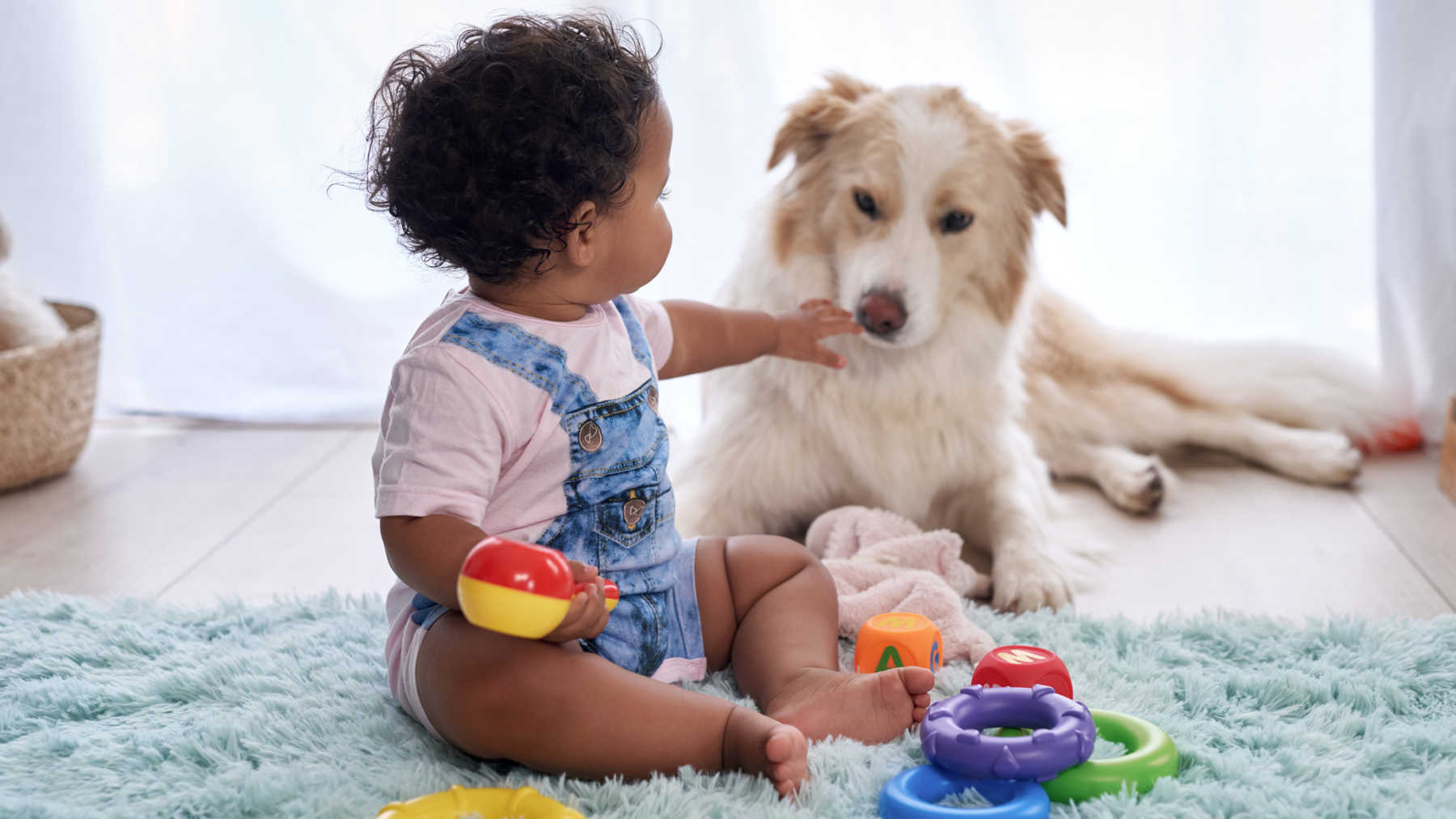“Pets have more love and compassion in them than most humans.” Robert Wagner
“Furry friends” is a term commonly used to refer to animals, typically pets, with fur or hair. Pets are beloved companions that bring joy, comfort, and a sense of responsibility to children and often hold a special place in their hearts. They play a significant role in the lives of many children, offering companionship, love, and a unique bond that extends beyond words. These beloved animal companions have a profound impact on a child’s emotional, social, and cognitive development. From dogs and cats to rabbits and hamsters, furry friends enrich a child’s early years in countless ways. Let’s explore the importance of furry friends in childhood and the valuable benefits they bring to young lives.
Emotional Support and Comfort
Furry friends provide unparalleled emotional support to children. Their unwavering love and companionship create a safe and nurturing environment for children to express their feelings and emotions. When children feel sad, anxious, or upset, spending time with their furry friend can offer a sense of comfort and reassurance, helping them copes with difficult emotions.
Companionship and Loneliness
For children who may be the only child in the family or have limited social interactions, furry friends become valuable companions. The bond between a child and their furry friend offers a source of constant companionship, reducing feelings of loneliness and providing a loyal confidant to share joys and sorrows.
Empathy and Responsibility
Caring for a furry friend teaches children empathy and responsibility. As they understand their pet’s needs and emotions, they develop compassion and kindness. Learning to meet their pet’s needs, such as feeding, grooming, and providing playtime, fosters a sense of responsibility and accountability in children.
Social Skills and Confidence
Interacting with furry friends can enhance a child’s social skills and boost their self-confidence. Pets offer a non-judgmental presence, making it easier for children to express themselves openly and practice their communication skills without fear of criticism or rejection.
Stress Reduction and Emotional Regulation
The presence of furry friends has been proven to reduce stress and anxiety in children. The act of petting a cat or dog releases oxytocin, the “feel-good” hormone, which helps children feel more relaxed and at ease. Additionally, caring for a pet can teach children emotional regulation as they understand and manage their pet’s needs and emotions.
Physical Activity and Health
Pets, especially dogs, encourage physical activity in children. Taking a dog for a walk, playing fetch, or running around with a pet promotes regular exercise and a healthy lifestyle. Engaging in physical activities with their furry friend benefits both the child’s physical and mental well-being.
Learning and Cognitive Development
Furry friends can play a role in a child’s learning and cognitive development. Children often talk to their pets, which can improve language development and boost their verbal skills. Additionally, caring for a pet requires problem-solving skills, such as identifying their pet’s needs and finding solutions to challenges.
Therapeutic Benefits
Pets can have therapeutic benefits for children with certain conditions, such as autism or ADHD. Interacting with pets in a calming and non-judgmental environment can help reduce behavioral issues and improve focus and attention.
Unconditional Love and Acceptance
Furry friends offer unconditional love and acceptance to children, regardless of their strengths or shortcomings. The absence of judgment creates a safe space for children to be themselves and fosters a sense of self-worth and confidence.
Decreased Allergies and Enhanced Immune System
Research suggests that children growing up with furry friends may have decreased allergies and a more robust immune system. Exposure to pet dander and other allergens in early childhood may help build immunity and reduce the risk of developing allergies later in life.
Coping with Life Changes
Furry friends can be a source of stability and comfort during significant life changes for children, such as moving to a new home, starting school, or experiencing family transitions. The presence of a familiar and loving pet can provide a sense of security during uncertain times.
Nurturing Nature
Having a furry friend encourages children to develop a nurturing nature. They experience the joys of caring for another living being and learn to put others’ needs before their own.
Lifelong Bonds
The bond between children and their furry friends can be profound and last a lifetime. These relationships create lasting memories and enrich children’s lives as they grow and mature.
Conclusion
The importance of furry friends in childhood is immeasurable. These beloved animal companions offer emotional support, companionship, and valuable life lessons to young children. Furry friends promote empathy, responsibility, and social skills while reducing stress and enhancing emotional regulation. The bond between a child and their pet is one of unconditional love and acceptance, creating a positive and nurturing environment for children to grow and thrive. As parents and caregivers, recognizing the significance of furry friends in childhood allows us to foster these precious connections, providing children with a lifelong friendship and a multitude of cherished memories.

